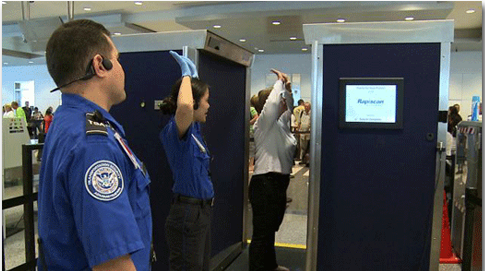OPINION: Remembering pre-9/11 New York

Screen Shot 2013-10-30 at 10.34.43 AM.png
Walking casually through a courthouse or hospital to get from one street to another. Walking into office buildings just to have a cup of coffee in the employees’ cafeteria, and not being challenged.
This is what it was like in pre-9/11 New York.
Before 9/11, the powers that be were certainly interested in security, but the type of security they practiced pales before the type you see today. You might have to present an ID card at a government building, but you rarely had to go through a metal detector. You could walk right up to City Hall without going through a checkpoint, although getting inside may have been another story.
